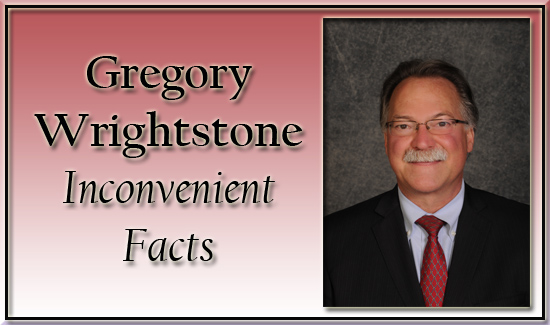Piecemeal Privatization: Smaller scale PA Turnpike public-private partnerships may be politically viable
The demise of the proposed agreement to lease the Pennsylvania Turnpike to an investor firm headed by the Spanish investment group Albertis leaves the future of efforts to privatize the cross-state highway in limbo.
Although strongly supported by Governor Ed Rendell, a majority of legislative Democrats opposed the lease. Likewise, a majority of Republicans – who are more ideologically sympathetic to privatization plans – also opposed the deal. The combination of a Democratic governor supporting what is essentially a Republican approach should have been enough to assemble a coalition strong enough to win approval of the lease. It did not. This raises the question: why?
From the beginning Governor Rendell misplayed the expectations game. Early estimates of the revenue the state might receive from leasing the turnpike were substantially higher than the $12.5 billion Albertis actually bid. Plus, there were concerns the bid did not adequately take into consideration the appreciation in value of the turnpike over the 75-year span of the proposed lease. Thus, the amount of the bid was a psychological letdown and immediately put supporters on the defensive.
Second, leadership of both parties in the General Assembly benefits from the Turnpike’s patronage. Ranging from "pinstripe patronage" such as legal work and bonding fees; to blue collar patronage like the hiring of maintenance workers and fare collectors, the turnpike is a treasure trove of goodies for politicians to dole out. Neither side was willing to give up that up, especially for what came to be viewed as insufficient compensation for the asset. Add in union pressure, public opinion polls saying the general public opposed leasing of the turnpike (especially to a foreign entity), and the typical fear of change, and the lease was likely doomed from the start.
Despite all those factors, leasing remains a viable option and likely will resurface again in the next session of the General Assembly. However, any new proposal will have to include significantly more dollars; otherwise it too will be dead on arrival. And, given the current collapsing of the world economy, such ambitious projects may be delayed for the foreseeable future.
Even if the Rendell Administration is unable to secure more financially lucrative bids for the turnpike, limited public-private partnerships can and should be part of the turnpike’s future.
In fact, such piecemeal privatization is already utilized by the Pennsylvania Turnpike Commission. One example is the leasing of the turnpike’s service plazas to the Host Marriott Corporation. In exchange for a long-term deal, Host Marriott is replacing existing service plaza structures with new state-of-the-art facilities. As part of the deal Host Marriott operates the service plazas, something they are infinitely better equipped to do than the turnpike commission – and reap the benefit of significant profits from the enterprise.
The turnpike commission also currently bids out some engineering and construction work. That could be expanded to include routine bridge and roadway maintenance, snow removal, and landscape maintenance. Other aspects of the turnpike’s operation, such as fare collection, and routine administrative tasks could also be placed in the hands of private firms. The turnpike could also enter into a public-private partnership to build and/or operate expansion sections, such as the still-to-be completed Mon-Fayette Expressway.
Another key factor in the debate over a public-private partnership involving the Pennsylvania Turnpike is the use to which the dollars generated by such a lease would be put. The Rendell plan was to divert revenue from a lease to fixing roads and bridges other than those in the turnpike commission itself. That would be a big mistake. Whether funds are generated by a lease, or by more fully exercising the turnpike’s existing bonding capacity, such revenue ought to be spent on improving and upgrading the turnpike itself.
A 25% fare increase on the turnpike system will take effect the first of January, but most of the revenue generated will be diverted to PennDOT and to mass transit systems around the state under terms of Act # 44. Altogether, the lion’s share of $2.4 billion in turnpike fare revenue will go to other transportation projects rather than being used for turnpike improvements.
The bottom line is there are many viable options for harnessing the efficiency of the private sector short of a full scale leasing of the turnpike. This would, however, require elected officials to give up much of the patronage the current Pennsylvania Turnpike Commission provides, but it is a way for the commonwealth to maximize one of our state’s most valuable assets.
(Lowman S. Henry is Chairman & CEO of the Lincoln Institute and host of the weekly Lincoln Radio Journal. His e-mail address is [email protected].)
Permission to reprint is granted provided author and affiliation are cited.




